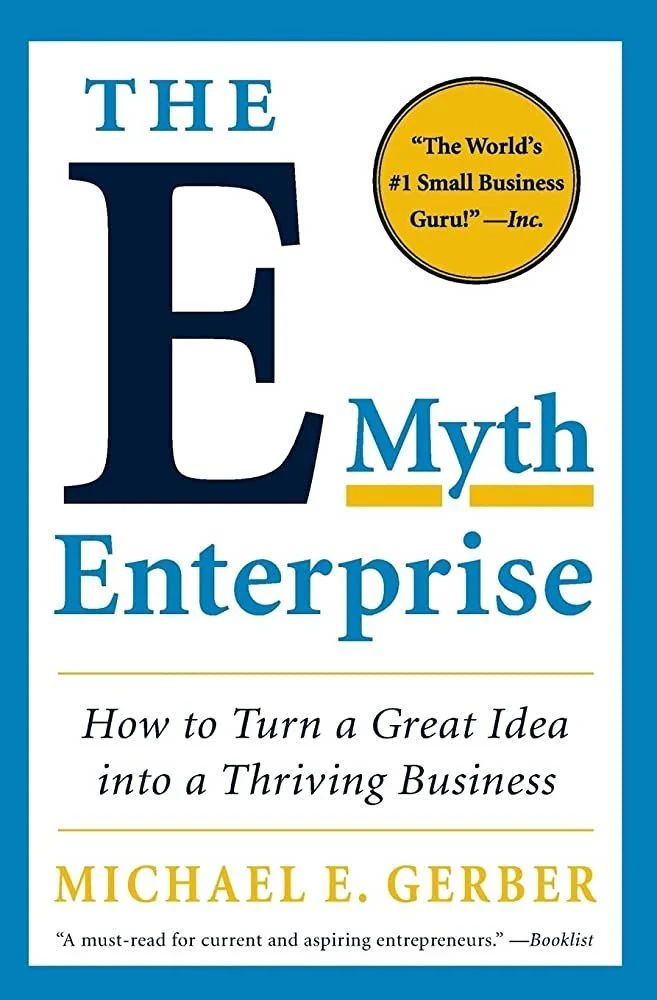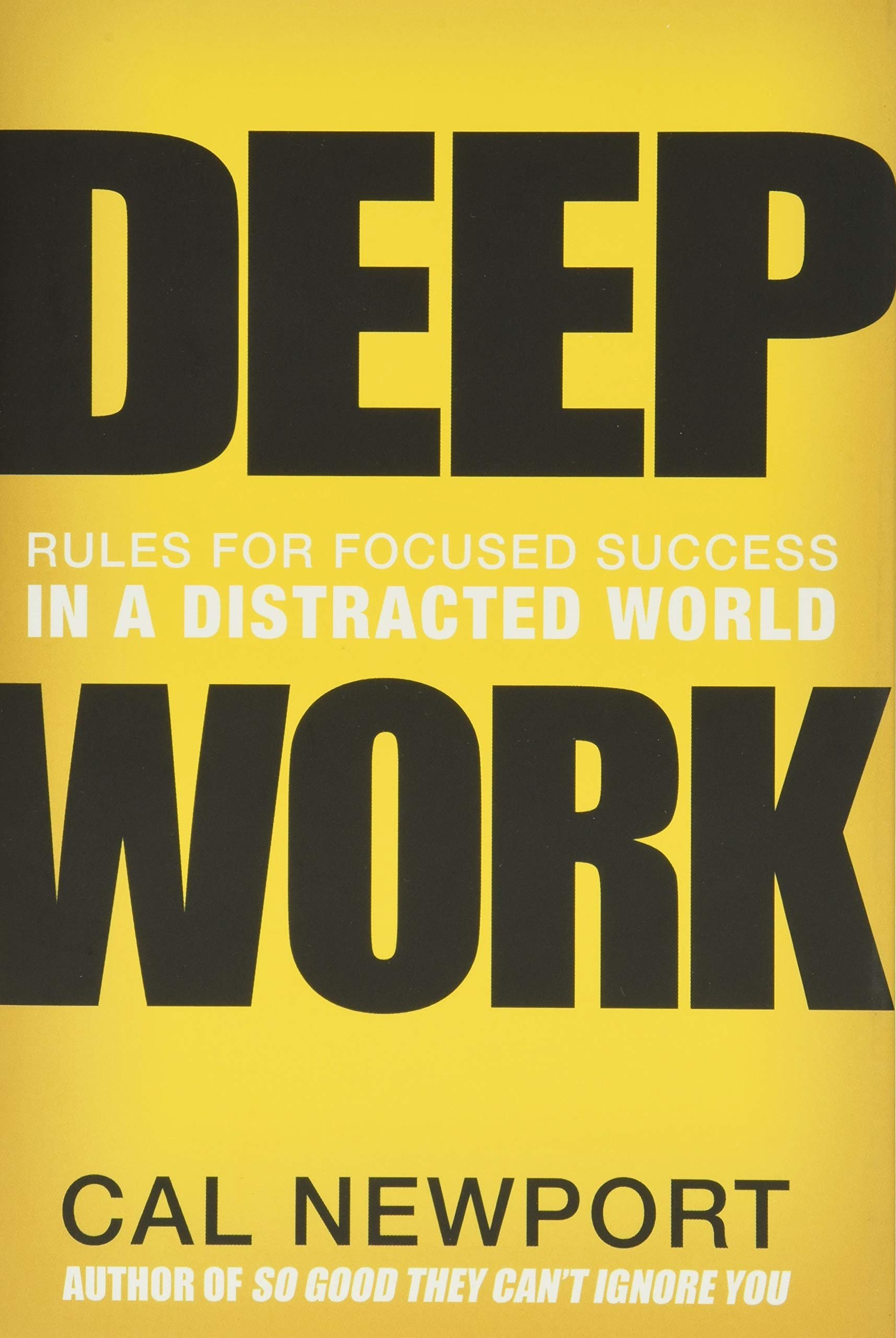
LANGUAGE OF LEAN
Signal Kanaban
Kanban is perfect to steer production and prevent high amount of WIP.
Every container or bin in your production facility is marked with a so called Kanban card or signal. The time the last component is taken, the Kanban is send to the source it came in production and is added to the so called Kanban Board. This board actually shows you the amount of inventory you have in production. It is a great tool to minimize the risk of overproduction and can be used to steer your production facility. Besides this it helps you to have control of your inventories itself of course . Based on the design of Kanban Cards it is possible to identify directly where the container belongs to and in what interval you have to check on it.
The checking and supply of material or components lies in the hands of the mizusumashi.
Mizusumashi
A Mizusumashi is the operator responsible for supplying a workstation and keeping production going without interruption.
Water Spider or Mizusumashi
Mizusumashi or in other terms called Water Spider is the responsible employee of the inbound logistics for supplying workstations and keeping production going without interruption.
The Mizusumashi is someone who moves quickly and efficiently from station to station in order to collect and deliver material/components to the primary members of a flow cell. Through the Mizusumashi we try to move as much of the non value adding work away from the primary process steps as possible and is centralized to the water spider.
The Mizusumashi differs from a material handler in that the sequence of operations and the way the tasks are performed are specified. A water spider’s purpose is to handle the replenishment tasks so that the production personnel can focus on the value-added tasks that create products.
Always keep in mind that a Mizusumashi has a clearly standardized process. The rounds should always stay the same as well as the replenishment tasks. They collect the finished goods from the lines, drop Kanban Cards, refill Kanban Boxes and remove waste material. All of these tasks relieve the operators in the line and keep up the production flow.
For the best utilization of a Mizusumashi a proper setup is critical. For everyone involved on the shop floor you must have clear rules. This means clear location for bins, full and empty, clear visual controls that initiates the action of the Mizusumashi and strict following of 5S rules according to designated locations of components and goods
With the help of a Mizusumashi you have the chance to minimize variation and improve the production flow. Following the lean principles you don’t want to waste time and keep up working in sequence. The key is having a position that keeps the operator in place and let them do the job without interruption.
Of course with the role of a Water Spider there is some waste involved. Often they leave their designated route to check on stations without any sign of shortage. But nevertheless in the end the buffer range for all stations will go down, which means that the fixed capital on the shop floor will shrink.
Stay Connected
Ad
We want information fast and in a nutshell. We from OI recommend Blinkist* - because it’s simply the best.
* = Affiliate Link
In a world where leadership often equates to tough exteriors and unyielding authority, "Dare to Lead: Brave Work. Tough Conversations. Whole Hearts." stands as a beacon of hope and transformation.
In the realm of business literature, few books tackle the unglamorous, gritty realities of leading a company through turbulent times. "The Hard Thing About Hard Things: Building a Business When There Are No Easy Answers" by Ben Horowitz does just that.
Why does Emotional Intelligence (EQ) matter, and in what ways can it impact our lives more significantly than IQ? In "Emotional Intelligence: Why It Can Matter More Than IQ," Daniel Goleman introduces a groundbreaking argument that our emotional abilities can be more powerful than our measured intelligence.
Why do some organizations succeed in inspiring action, both internally among employees and externally among consumers, while others falter? "Start with Why: How Great Leaders Inspire Everyone to Take Action" by Simon Sinek
"How to Win Friends and Influence People" is one of the quintessential self-help books, penned by Dale Carnegie in 1936, yet its teachings remain relevant today.
"The Fifth Discipline: The Art & Practice of The Learning Organization" by Peter M. Senge is a pioneering book that introduced the idea of a "learning organization."
In "Side Hustle: From Idea to Income in 27 Days," Guillebeau outlines a step-by-step plan for anyone looking to create an additional income stream without quitting their day job.
"The $100 Startup: Fire Your Boss, Do What You Love and Work Better To Live More" is a compelling narrative that inspires readers to turn their passions into income.
"How to Grow Your Small Business: A 6-Step Plan to Help Your Business Take Off" is an insightful guide that provides a clear roadmap for small business owners looking to grow and expand their operations.
"The First Minute: How to Start Conversations That Get Results" focuses on the importance of the first minute in any conversation.
"The Almanack of Naval Ravikant: A Guide to Wealth and Happiness" is a compilation of Naval Ravikant's wisdom and experience from the last ten years.
"Ikigai: The Japanese Secret to a Long and Happy Life" takes the reader on a journey to explore the concept of Ikigai, a term that translates loosely as 'reason for being.'
"The Courage To Be Disliked" by Fumitake Koga and Ichiro Kishimi is a thought-provoking book that presents a dialogue between a philosopher and a young man, discussing the principles of Adlerian psychology.
"Talk Like TED" by Carmine Gallo is a powerful guide that reveals the secrets of delivering engaging and impactful presentations.
"I Will Teach You to Be Rich: No Guilt. No Excuses. No BS. Just a 6-Week Program That Works" is a personal finance book written by Ramit Sethi.
"Nudge: Improving Decisions About Health, Wealth, and Happiness" by Richard H. Thaler and Cass R. Sunstein is a groundbreaking book that explores the concept of "nudging" and how small changes in the way choices are presented can have a significant impact on decision-making.
"The E-Myth Revisited: Why Most Small Businesses Don't Work and What to Do About It" by Michael E. Gerber is a compelling book that explores the common pitfalls and misconceptions surrounding small businesses.
The book "4-Hour Body: An Uncommon Guide to Rapid Fat-Loss, Incredible Sex, and Becoming Superhuman" by Timothy Ferriss is a comprehensive guide to optimizing various aspects of your body and life.
"Never Finished: Unshackle Your Mind and Win the War Within" by David Goggins is a powerful and inspiring book that explores the concept of pushing past your limits and overcoming mental barriers to achieve greatness.
"The Business of the 21st Century" by Robert Kiyosaki is a book that explores the changing landscape of business in the modern era.
"Man's Search for Meaning: The Classic Tribute to Hope from the Holocaust" by Viktor E. Frankl is a powerful memoir that delves into the human search for meaning in the midst of extreme suffering.
"How to Be a Stoic: Using Ancient Philosophy to Live a Modern Life" by Massimo Pigliucci is a thought-provoking book that explores the principles of Stoicism and how they can be applied to navigate the challenges of modern life.
"Deep Work: Rules for Focused Success in a Distracted World" by Cal Newport is a compelling book that explores the value of deep work and provides practical strategies for achieving it in our increasingly distracted world.
In this book, Covey emphasizes the importance of developing a strong set of principles that will guide and govern our personal and professional lives.
"Who Moved My Cheese?" is a classic self-help book written by Dr. Spencer Johnson. The book is a parable that teaches readers to cope with change and navigate uncertain times.
"The Goal" is a business novel written by Israeli physicist Eliyahu M. Goldratt, first published in 1984. The book follows the protagonist, plant manager Alex Rogo, as he seeks to improve the performance of his struggling manufacturing plant while dealing with personal and professional challenges.
"The 4-Hour Work Week" is a self-help book written by entrepreneur and podcaster Tim Ferriss.
"The Power of Full Engagement" is a book written by Jim Loehr and Tony Schwartz that challenges the conventional notion of time management.
In "The Effective Executive," Drucker shares his insights on what makes a successful executive and provides practical advice on how to become one.

































